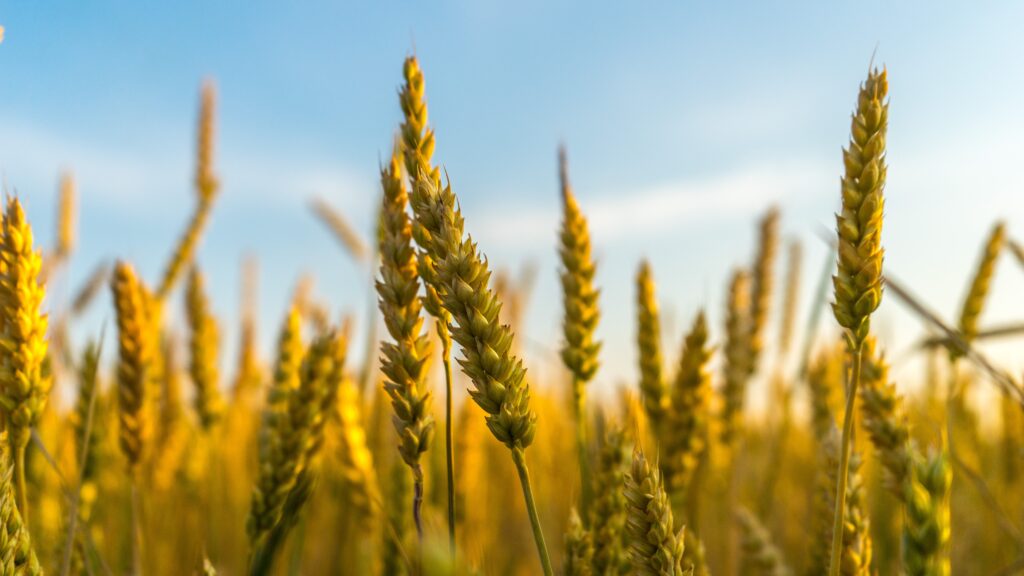 It would be nice to think that we’re getting close to a definition of a diet that helps us all age well, with some clarity about the correct proportions of nutrients required to extend our healthspan. But there’s still a great deal of debate among longevity experts about what that diet might be. And so much is down to our own individual needs: some thrive on veganism, others extoll the benefits of a low-carb carnivorous diet. One man’s meat, as they say.
It would be nice to think that we’re getting close to a definition of a diet that helps us all age well, with some clarity about the correct proportions of nutrients required to extend our healthspan. But there’s still a great deal of debate among longevity experts about what that diet might be. And so much is down to our own individual needs: some thrive on veganism, others extoll the benefits of a low-carb carnivorous diet. One man’s meat, as they say.
A couple of months ago, longevity guru Prof Valter Longo published a paper suggesting he and his team had indeed pinned down the ‘optimal diet’. They reviewed hundreds of studies linking nutrition and longevity, from research in petri dishes via animal studies to large scale human trials. Their conclusion was a simple format of:
- overnight fasting (with occasional longer fasts)
- mid-to-high carbohydrate intake
- ‘low but sufficient’ protein intake mainly from plant proteins and fish
The diet also recommends around 30 percent of calories coming from healthy fats like olive oil, avocados and nuts. Annabel and I aren’t big on counting calories but on a 2000 calorie a day diet, that would equate to 2 tbs olive oil, half an avocado and a large handful of walnuts.
It all sounds eminently sensible, and doable. You can read the complete research paper here. But I should point out that these findings exactly match the fasting programme, and books, that Professor Longo sells….. However, he does acknowledge that there are as many different variations in the optimal diet as there are people on the planet, and his recommendations of more legumes, whole grains and nuts aren’t exactly new. Indeed, they echo research into increasing lifespan published a couple of months earlier by a Norwegian team.
Is fibre the answer?
The health benefits of these foods could stem from their fibre content. Research published in April linked fibre from cereal (whole grains) to reduced inflammation and lower risk of cardiovascular disease (CVD) among older adults. Strangely, fibre from fruit and vegetables didn’t have the same effect. The research team don’t have an answer for this, and many other studies reveal the positive impact of fibre from fruit and veg on inflammation and heart health. I suspect this anomaly may be linked to the fact that the 4000 participants in this American study were recruited in the late 1980s. Their heart health was evaluated 25 years later for this study. They might not have been eating much fruit and veg in 1989. I don’t think I was!
Fibre is, of course, also vital for good bowel health and the reduction of colorectal cancer risk. Research published last week added to the mountain of evidence that the standard Western diet may contribute to colorectal cancer onset. Diets rich in red and processed meats, and low in nutrients, appear to stimulate the activity of a microbe called colibactin in the gut. Colibactin is toxic, and can damage DNA and trigger the cell mutations which promote bowel cancer.
If evidence were needed of the clarity of the link between colorectal cancer and processed meat, this week France – home of charcuterie – announced an action plan to reduce the use of nitrates in its products. Nitrates improve the shelf life and colour of pork products, but were linked to increased colon cancer risk by the World Health Organisation back in 2015. France will limit their use from later this year. Something to think about if you’re heading over the Channel this summer.
BRAIN BOOST: REDUCING DEMENTIA RISK WEBINAR
Join me on Tuesday July 26th at 1pm BST for a free webinar, focussing on the best possible ways to reduce dementia risk and chatting through the latest research into brain health.
It’s an opportunity to turn our attention to our brains and learn a few simple strategies to keep them wiring and firing.
This informal Zoom event will last about 45 minutes and there will be plenty of opportunity to ask questions. If you can’t make it live, then do register anyway and I’ll send you the link afterwards.
REGISTER FOR MY BRAIN BOOST WEBINAR ON ZOOM HERE
SOME FAVOURITE HIGH FIBRE RECIPES FROM THE ARCHIVE
Kale and black sesame rice bowl
Moroccan spinach and chickpeas
Vegan meatballs with tomato sauce
Susan
Photo: Ant Rozetsky @ Unsplash


Leave a Reply